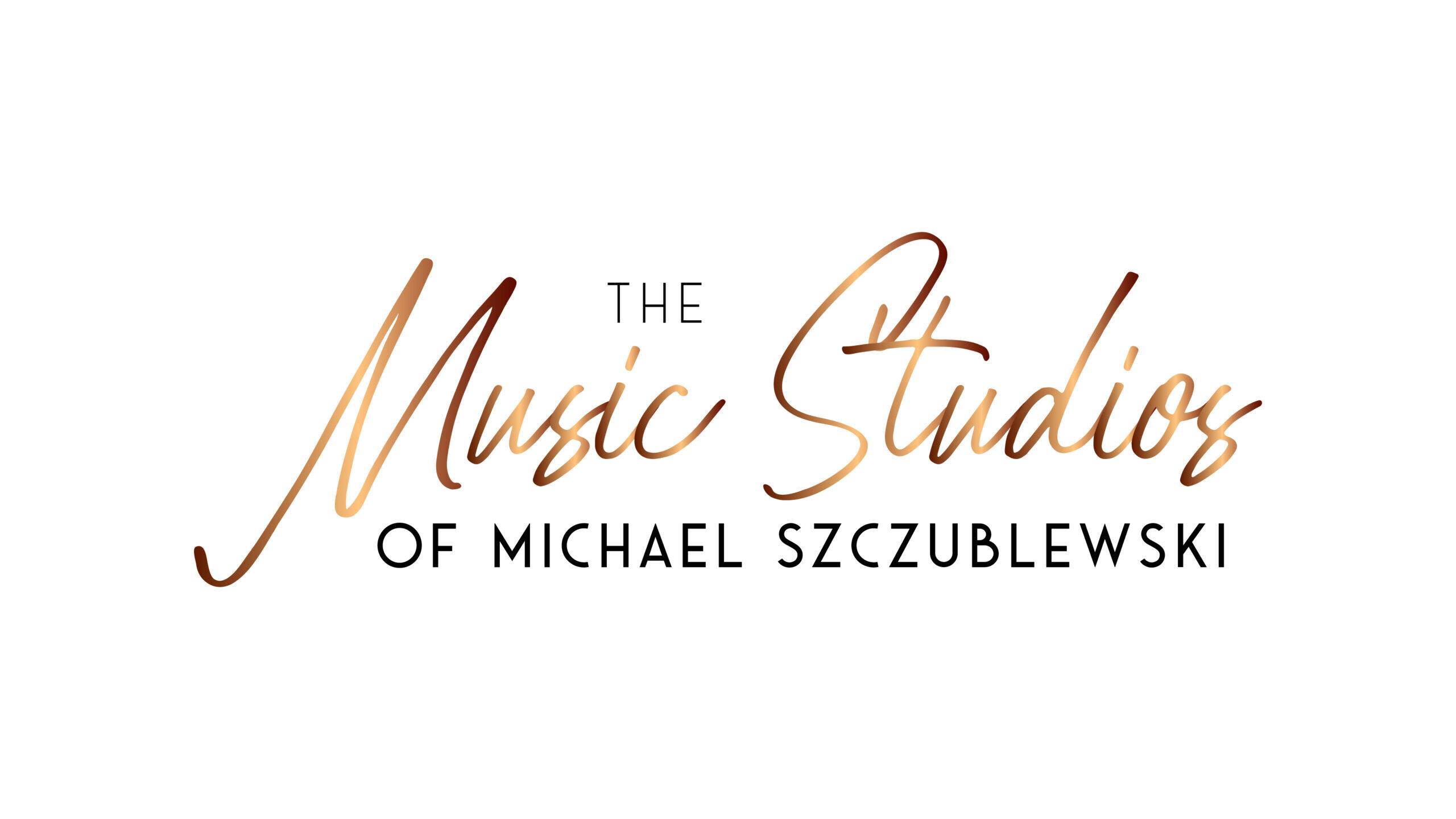Playing the trumpet with braces (and surviving to tell about it)
Playing the trumpet with braces (and surviving to tell about it)
You come home from the orthodontist with a mouthful of metal and feel like the world just ended. Your teeth hurt, your mouth is sore, and you cannot imagine even eating at this point. Playing your trumpet is not going to happen today. Or tomorrow. Or you think even ever again. Do not worry because you won’t feel like that for long. The important thing is to try and keep trying. I had braces and understand the struggles that trumpet players go through when they first get braces (and when they come off).
WHAT TO EXPECT WHEN YOU GET BRACES ON OR OFF
First, if you want to take a few days off without practicing after getting braces on, go ahead and do it. Usually the first couple of days that you start to practice you will stink, however, playing will feel and sound more normal after a couple of weeks. You can expect your tone, control, intonation, high notes, and endurance are no longer there. This is normal. Be patient. Your skills will come back with a little work.
CHANGE YOUR PRACTICE ROUTINE
When you first start to practice, do so in short time frames, 10-15 minutes, resting as much as you play. Overplaying will do more harm than good, so do not play all at once. Do not press your trumpet into your lips using pressure while practicing. You can practice for short time frames 4-5 times a day, but do not over practice because you can and will hurt yourself.
Start by playing long tones with low notes. I mean really long tones at soft volumes. You will want to find a spot that feels comfortable and gives you the best sound and tone. Get a nice buzz on the mouthpiece to let your lips settle back into place. This will not happen on the first day.
You will want to focus on notes on the lower part of the staff, like middle C down to bottom line E. Keep relaxed while playing. Do not play any notes below low C at this point because we don’t want the aperture to open too much and create a bad habit. Please be patient during this process. Practice lip slurs in this range as well, keeping short distances between notes (no octaves yet). As you get more comfortable and stronger, go ahead and widen the range of the slurs.
Tonguing can also be affected by braces. Tonguing soft and lightly, play eighth notes and sixteenth notes in the same range we talked about (middle C to bottom line E.) Play with the least amount of tongue movement as cleanly as possible.
Always strive to get the best sound possible. I recommend listening to professional trumpet players, like those I suggest on the “Listening Lists” page of this website. The more you can “hear” the sound you want to produce on your trumpet, the better you will get. Invest in recordings of great trumpet players and listen to them.
PLAY WITH MINIMAL PRESSURE
This is something that we should be doing all of the time, but especially if you have braces. If your lips hurt in the middle, you are probably using too much pressure. Most young musicians forget about this. With braces, you will be forced to play with minimal pressure. Learning to use less pressure is a more efficient way to play the trumpet and you will eventually be able to play easier for longer time periods without resting.
STOP PLAYING BEFORE IT HURTS TOO MUCH
This is the most important tip that I can give you. As soon as it starts to hurt when you are playing, stop right away. During the first few weeks you will experience discomfort and even pain while playing. Be patient and give yourself time to rest. Practice in small time segments. If you stop before it hurts too much, you can avoid serious damage.
USE PROTECTIVE WAX
I suggest using a protective wax that is available from your orthodontist. This, in most cases, will reduce the pain while playing the trumpet. Talk to your orthodontist for help in choosing the correct wax for your situation.
TRUMPET MOUTHPIECES FOR BRACES
There are different theories out there about mouthpieces and braces. In my opinion, no mouthpiece is going to stop the hurt, especially if the student is using pressure to play. Pressure = pain.
With that being said, some students find relief with a “softer” mouthpiece, made of plastic. Some find a wider mouthpiece helps. It is really individualized and may take trial and error to see what would work. The help of a good teacher is critical in the selection of a suitable mouthpiece.
NEVER GIVE UP
Braces are temporary. You will not have them forever. Remember your goals. The best way to pick yourself up when you are experiencing a difficult time in your life is to remind yourself why you do what you do in the first place. There is a reason you like playing trumpet and playing in the band. Work hard and it will all come together for you.
The best way to make sure you are playing correctly with braces is to find a private teacher who can help you as you progress on your instrument. Sign up today!
